Alternatives to dominant digital services
Today, the internet is dominanted by a small handful of huge centralised online platforms that provide social networking, communications and other services to billions of people globally. Their business is harvesting our most intimte moments and monetise them by selling our attention to advertising companies, politicians, or anybody willing to pay for targeting us with their content. But another internet is possible: We advocate for the redecentralisation of the internet and fight for an public online space that is serving the people rather than big data business.
Filter resources
-
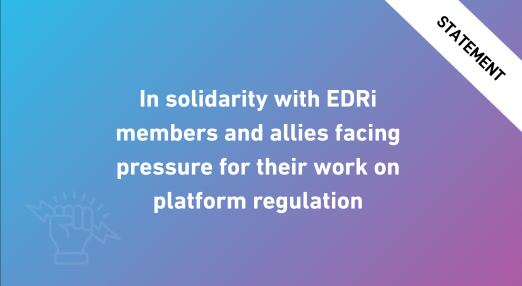
Statement of solidarity with EDRi members and allies facing pressure for their work on platform regulation
The EDRi network strongly condemns the pressure of the US Trump administration on EDRi members and allies for our work on online platform regulation.
Read more
-
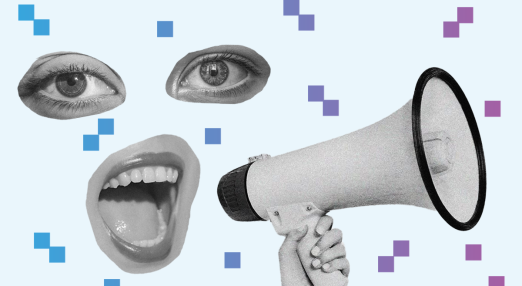
#DIDit: EDRi members spark movement for alternatives to Big Tech
At the 39th Chaos Communication Congress (39C3), German author Marc-Uwe Kling helped launch the idea of a monthly “Digital Independence Day” with a broad coalition of civil society organisations. On the first Sunday of each month, participants explore alternatives to dominant digital platforms, share experiences using #DIDit, and support one another through volunteer-led online and in-person meet-ups. To date, 189 organisations have joined the initiative, organising over 400 meet-ups.
Read more
-

Why EDRi is leaving X and where to find us
Since Musk’s acquisition of X in October 2022, we have been working towards an exit strategy. Recent developments and Musk becoming part of the second Trump administration have contributed to a unique and toxic platform power-grab, which has accelerated our X-it timeline. EDRi is joining many other organisations and people in leaving X by the end of January 2025. On 20 January, we will host an important X Spaces conversation to encourage our followers to join Mastodon.
Read more
-
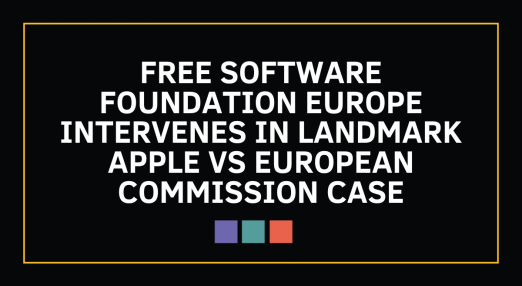
Free Software Foundation Europe intervenes in landmark Apple vs European Commission case
EDRi member Free Software Foundation Europe (FSFE) is taking a stand against Apple in a landmark case at the Court of Justice of the European Union, where the tech giant is challenging EU digital law. This intervention could help users and developers of Free Software.
Read more
-

German federal health minister, Shein and Deutsche Bahn ‘awarded’ for worst privacy and data protection offences
In October 2024, EDRi member Digitalcourage held the annual gala for the German BigBrother Awards. The unfortunate “winners” included a minister in the federal government, the police and interior minister in one German state, two international online retailers, a fundamental infrastructure provider and a trend.
Read more
-
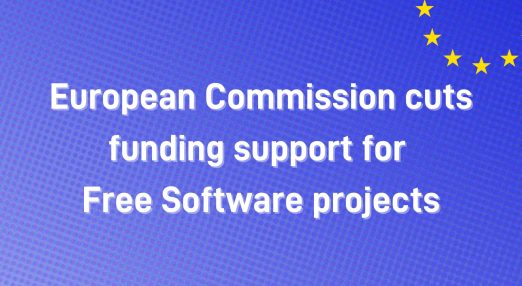
European Commission cuts funding support for Free Software projects
The Next Generation Internet initiative has supported Free Software projects with funding and technical assistance since 2018. Despite its proven success, the European Commission made the decision to cut this funding in the current draft for the Horizon Europe 2025 Work Programme. This decision highlights the larger problem of the lack of motivated and sustainable public funding for Free Software projects.
Read more
-
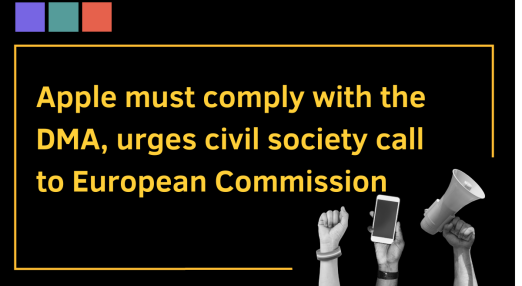
Apple must comply with the DMA, urges civil society call to European Commission
Civil society organisations and stakeholders have submitted an analysis to the European Commission about Apple’s attempts to circumvent the Digital Markets Act’s goals of allowing people freedom of choice on their own devices.
Read more
-

The new EU Commission must address information power
Ahead of the European Parliament elections, ARTICLE 19 shares its recommendations for the new European Commission, urging it to strive for a more open information environment across the EU.
Read more
-
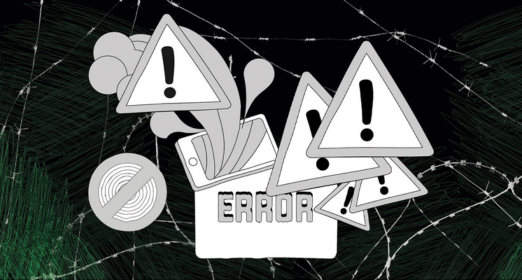
Meta must act: stop the systematic censorship of Palestinian voices
Meta’s continuous censorship of Palestine-related content in times of war is a systematic issue that the tech giant must immediately address. Access Now’s new report, It’s not a glitch: how Meta systematically censors Palestinian voices, delves into how the company silences the voices of Palestinians and those advocating for their rights on Facebook and Instagram.
Read more
-
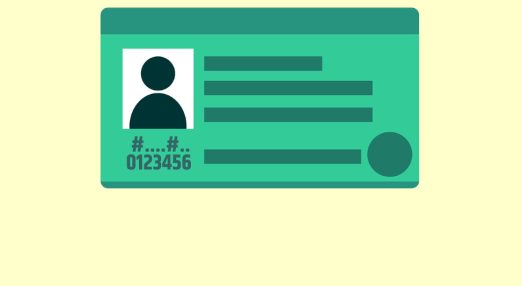
Digital ID – civil society demands protection of Users
One single app to rent a hotel room, prove your age, your educational, financial or health certificates, or to access digital public and private services? Sounds convenient? Well, it is. But if done wrong, it will be equally easy for corporations, authorities or even bad actors to create highly detailed profiles about yourself – spanning a vast area of your everyday life – or abuse this treasure of sensitive personal information in other ways.
Read more
-
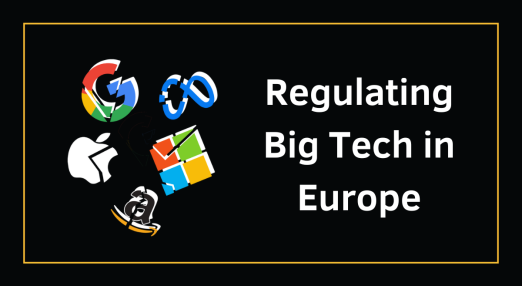
Regulating Big Tech in Europe with the Digital Services Act & Digital Markets Act
The EU’s latest flagship laws Digital Services Act (DSA) and Digital Markets Act (DMA) are in force, the regulatory structure is (slowly) being set up, the first Big Tech companies are suing in court, and the European Commission throws a party (yes, really). But what does this mean for people in their role as platform users and what’s coming next?
Read more
-
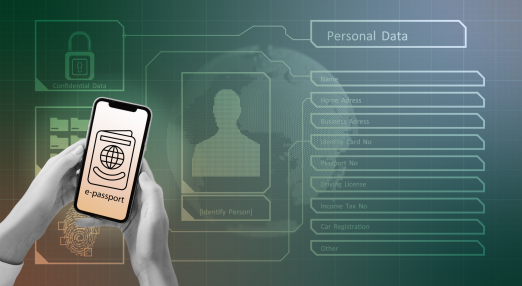
How EU’s plan to digitising travel documents might affect you
The EU Commission wants to store ID data on smartphones in the future and introduce contactless border controls with biometrics. This could affect all travelers in the future. EDRi member Digitalcourage submitted feedback to this EU initiative to intervene.
Read more
